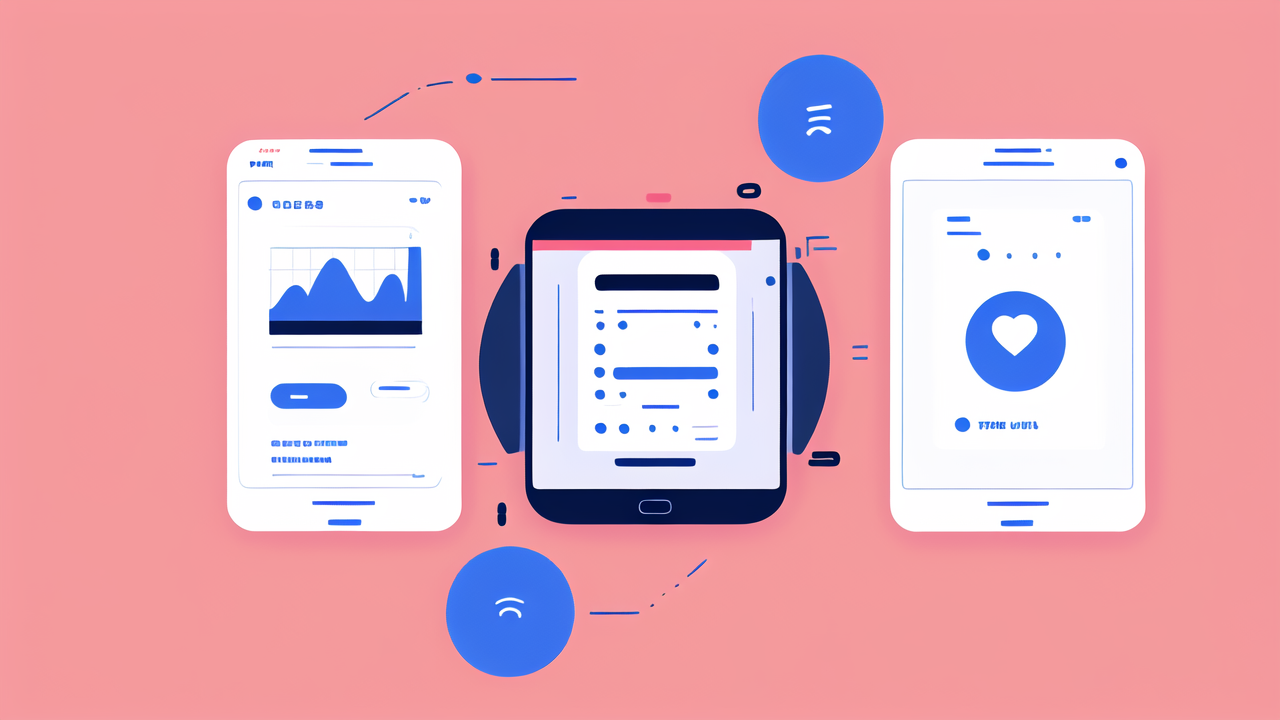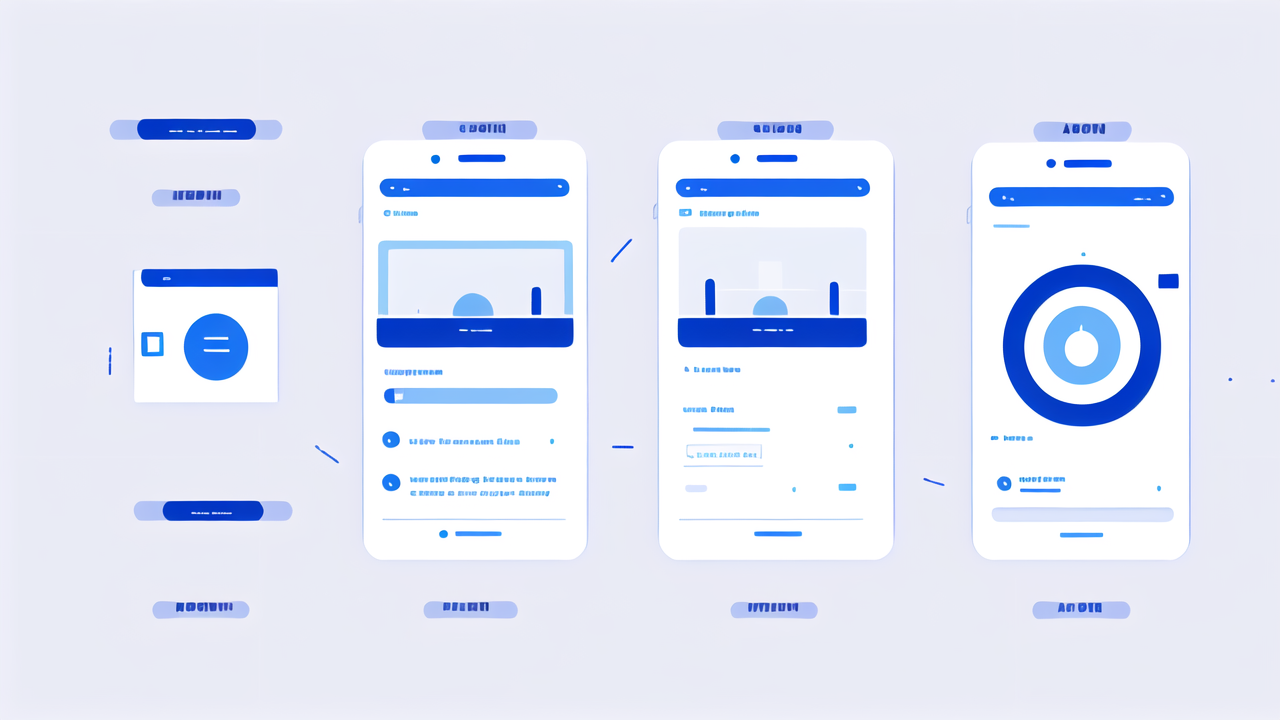The Evolution of the Smart Pro Watch in the United States Market
Understanding the Rise of Wearable Fitness Technology
Wearable fitness tech has taken the US market by storm. Smart pro watches lead this trend. These devices offer more than just time-telling. They track steps, heart rate, and sleep patterns. The rise began with simple pedometers. It evolved into complex health monitors we wear on our wrists.

Consumers love the convenience of wearable tech. It allows them to track fitness goals easily. Smart pro watches sync with smartphones. This makes data access simple. The market has grown rapidly in recent years. Major tech companies and startups alike are competing for market share.
The Transition from Dialectical to Digital: A Historical Perspective
The journey from traditional watches to smart pro watches is fascinating. Mechanical watches ruled for centuries. Then, quartz technology changed the game in the 1970s. Digital watches became popular in the 1980s and 1990s. They offered more features like alarms and calculators.
The true smart watch revolution began in the early 2000s. Early models could store contacts and run simple apps. The launch of smartphones accelerated this trend. Smart pro watches became extensions of our phones. They now offer features like GPS, music control, and even mobile payments.
Today's smart pro watches are powerful computers on our wrists. They continue to evolve, adding new health and fitness features. The transition reflects our society's move towards digital solutions in all aspects of life.
Regulatory and Ethical Considerations in Wearable Tech
Navigating the FDA Approval Process for New Technologies
Wearable tech, especially smart pro watches, face regulatory hurdles. The FDA plays a key role in this process. They ensure these devices are safe and effective. The approval process can be complex and time-consuming.

Manufacturers must prove their devices are accurate and reliable. This often involves clinical trials. The FDA categorizes wearables based on their intended use. Some are considered low-risk and face less scrutiny. Others, like those measuring vital signs, require more rigorous testing.
Companies must also consider software updates. These may require additional FDA review. The regulatory landscape is evolving as technology advances. Manufacturers must stay informed about changing requirements.
The Importance of User Privacy in Wearable Device Development
Privacy is a major concern in wearable tech. Smart pro watches collect sensitive health data. This information must be protected. Companies face ethical and legal obligations to safeguard user privacy.
Data encryption is crucial. It protects information during storage and transmission. Users should have control over their data. This includes the ability to delete or export it. Clear privacy policies are essential. They should explain how data is collected, used, and shared.
Wearable tech companies must also consider data breaches. They need robust security measures. Regular security audits are important. Companies should be transparent about any data incidents. Building trust with users is key to long-term success in this market.
The Future of Smart Pro Watches: Innovations and Predictions
Cutting-Edge Features in Next-Gen Smart Watches
The future of smart pro watches is exciting. New features are constantly being developed. Advanced health monitoring is a key focus. Future devices may measure blood glucose or blood pressure. This could revolutionize diabetes and hypertension management.

Improved battery life is another area of innovation. New power-saving technologies are emerging. Some companies are exploring solar charging options. This could eliminate the need for daily charging.
Flexible displays may become more common. This could allow for larger screens without bulky designs. Haptic feedback is also improving. It may offer more nuanced notifications and interactions. Voice control is becoming more sophisticated. It may replace touch screens for many functions.
The Role of AI and Machine Learning in Personalized Health Tracking
AI and machine learning are transforming smart pro watches. These technologies analyze vast amounts of health data. They can identify patterns and anomalies. This leads to more personalized health insights.
AI-powered assistants may offer real-time health advice. They could suggest when to exercise or rest. Machine learning algorithms can predict health events. For example, they might warn of an impending migraine or heart issue.
These technologies will make smart pro watches more proactive. They'll shift from passive data collection to active health management. Privacy concerns will need to be addressed. But the potential benefits are enormous. Smart pro watches may become essential tools for preventive healthcare.




Leave a comment
This site is protected by hCaptcha and the hCaptcha Privacy Policy and Terms of Service apply.